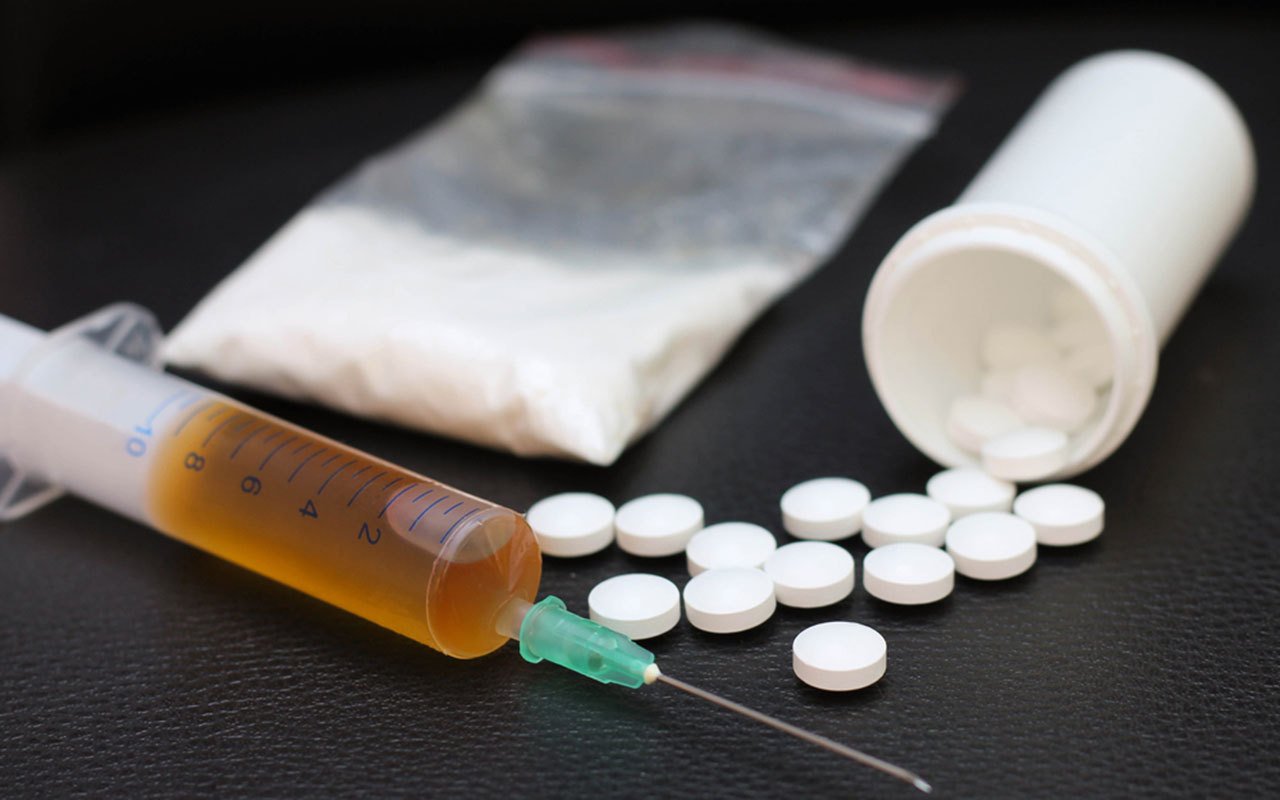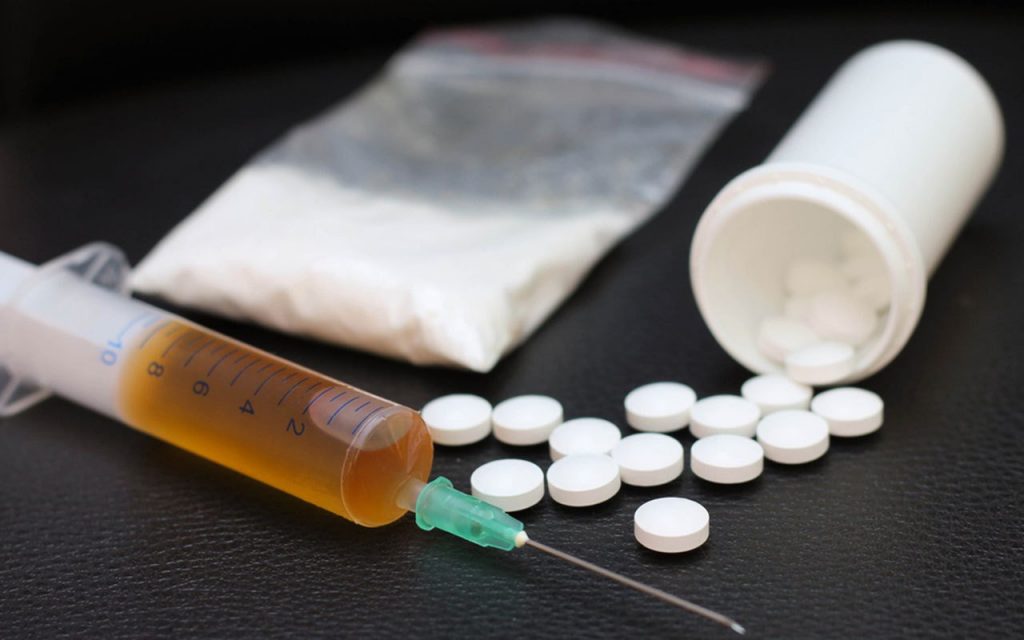It’s difficult seeing a loved one struggle with overcoming addiction, which is why when am I addicted I try to overcome that addiction as soon as possible. Their personality and behavior change as they lose control of their lives to their disease. No matter what they try, they are compelled to do whatever they must to get their next fix or drink. It’s only natural for you to want your loved one to find their way out of this dangerous situation. The best way to do that is to stage an intervention for your loved one. Done right, an intervention can get an addicted person to admit their problem and seek treatment before their disease can get too severe. Here are some of The Ridge’s favorite alcohol or drug intervention techniques.

Remember what “success” means
Often, an addicted person or alcoholic will tell everyone gathered at the intervention that they know they have a problem. They’ll tearfully apologize for all the damage it’s done, admit that their substance abuse needs to stop, and promise that they’ll get never used or drink again. To a family, hearing these things is intensely comforting. Making your addicted loved one see the truth about their problem can feel like a huge success. Often, families think that if they could make such a breakthrough by themselves, then they can get their loved one into recovery by themselves, too, and a visit to a treatment center isn’t necessary. This simply isn’t the case, though. If an addicted person could stop using drugs or alcohol without treatment, they wouldn’t be addicted! An intervention is only successful if the person agrees to immediately go to treatment and make a serious effort toward recovery.
Avoid Accusatory Tones And Point Towards Concrete Hope
Most addicted people are ashamed of their problem and don’t feel comfortable speaking frankly and openly about it. When they are confronted in an alcohol or drug intervention by loved ones talking about their addiction, a person will try to find any way to change the subject and get the focus off of them. Accusatory statements give an addicted person a perfect way to do that. Saying something like “your drinking is making my life difficult” won’t make an alcoholic admit their problem, it will get them angry, defensive, and less likely to listen to you. They will declare that the people gather at the intervention are against them, rather than trying to help them get healthy. Instead, provide facts and evidence of the person’s addiction that they can’t argue or claim are personal attacks.
Hire the Right Intervention Professional
Professional interventionists have staged hundreds of interventions and have seen the emotional manipulation techniques addicted people commonly use to avoid having to admit they need help. While a family member might be affected when an addicted person says “I’ll get clean if you just give me one more chance,” a professional interventionist knows from experience that those promises are hollow, and that treatment is the only way to make recovery possible. With an interventionist leading, the chances of success skyrocket.


